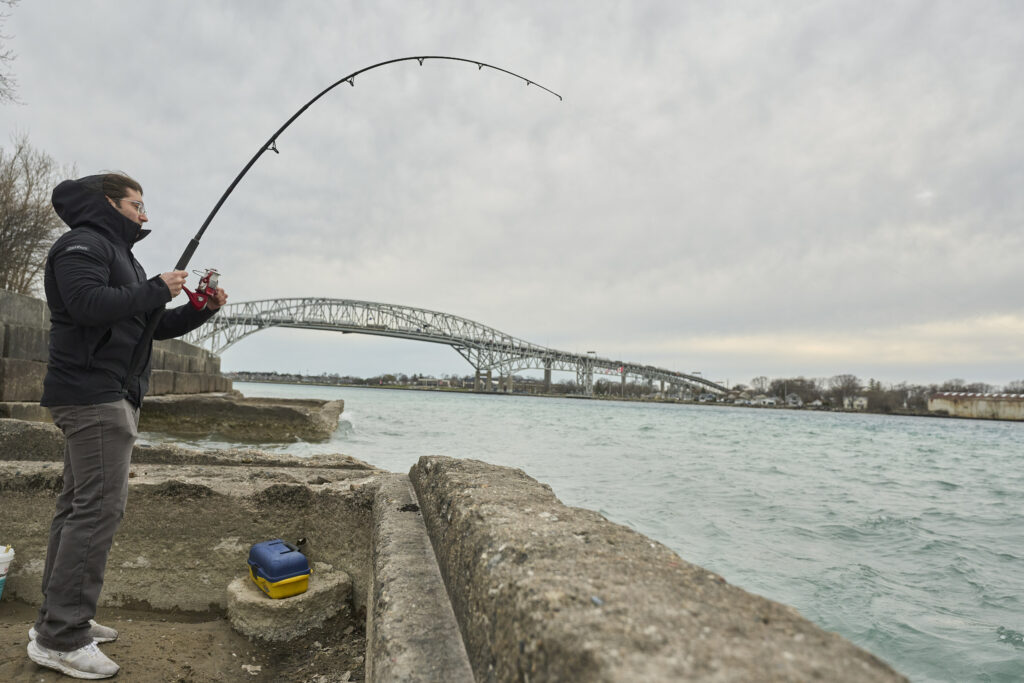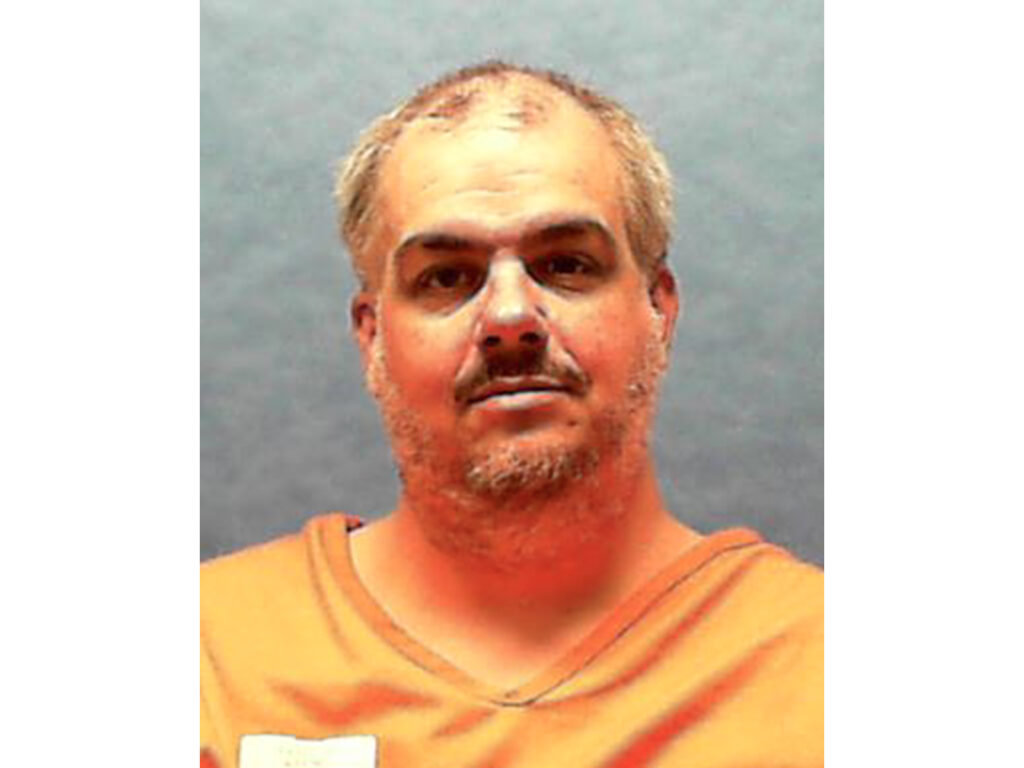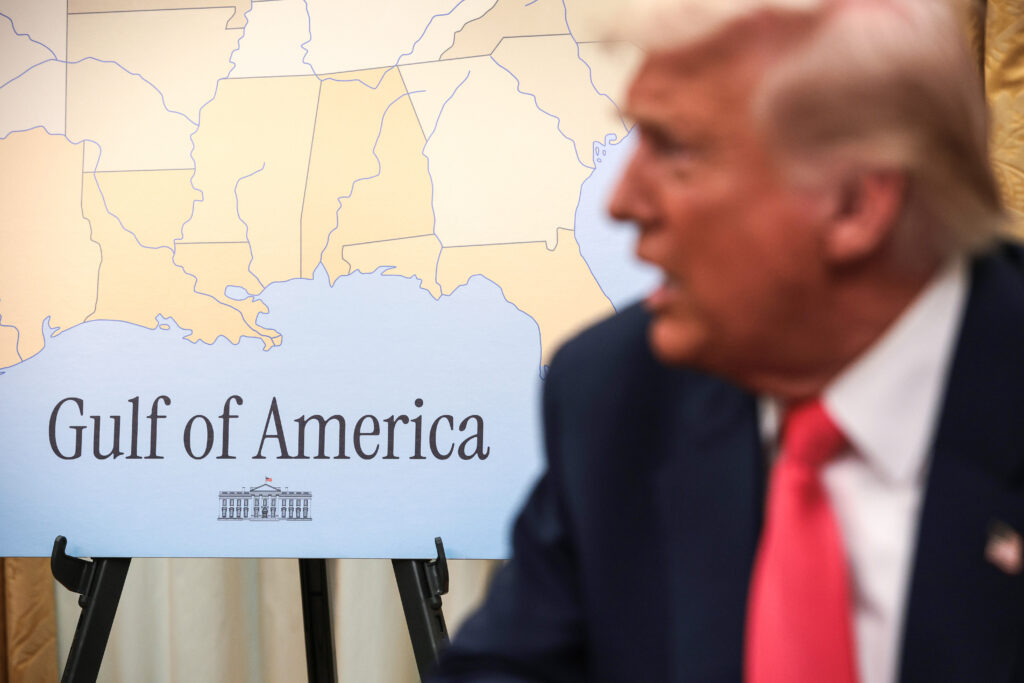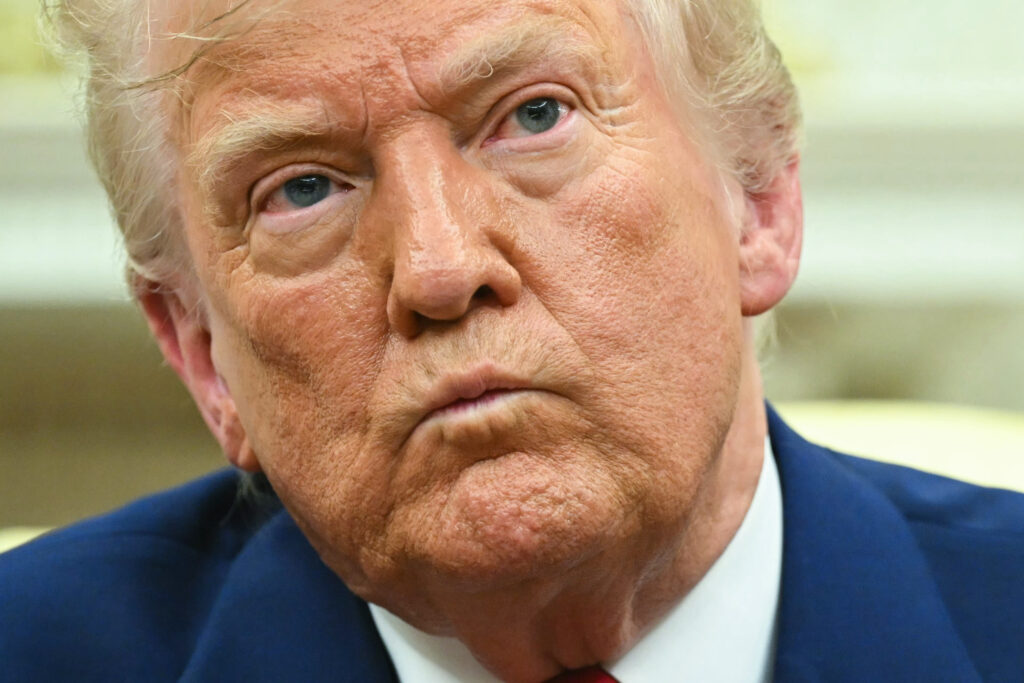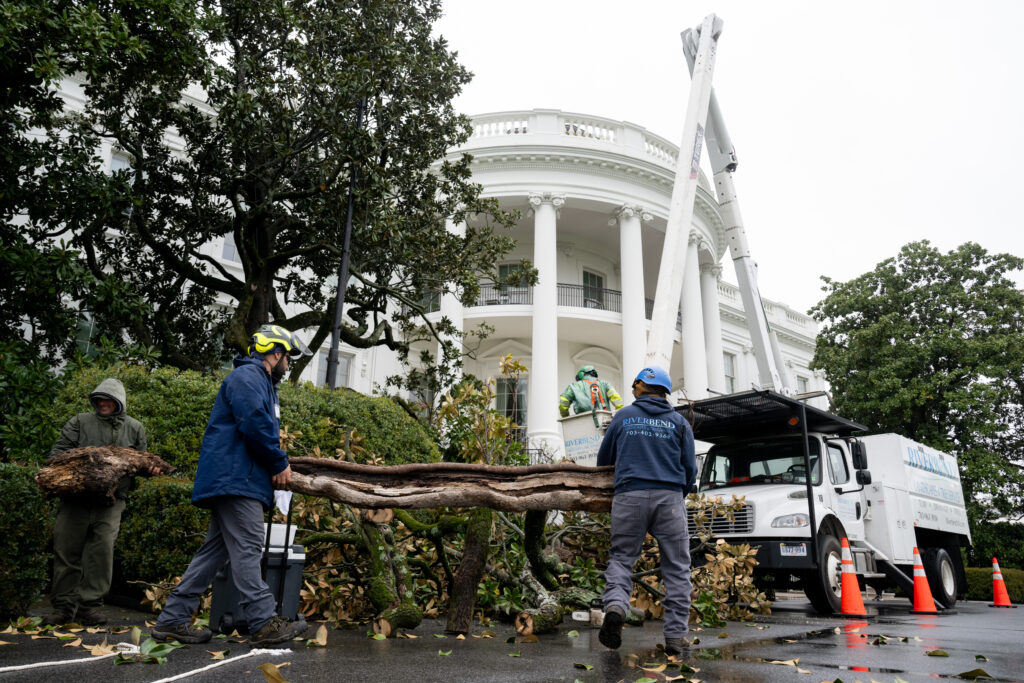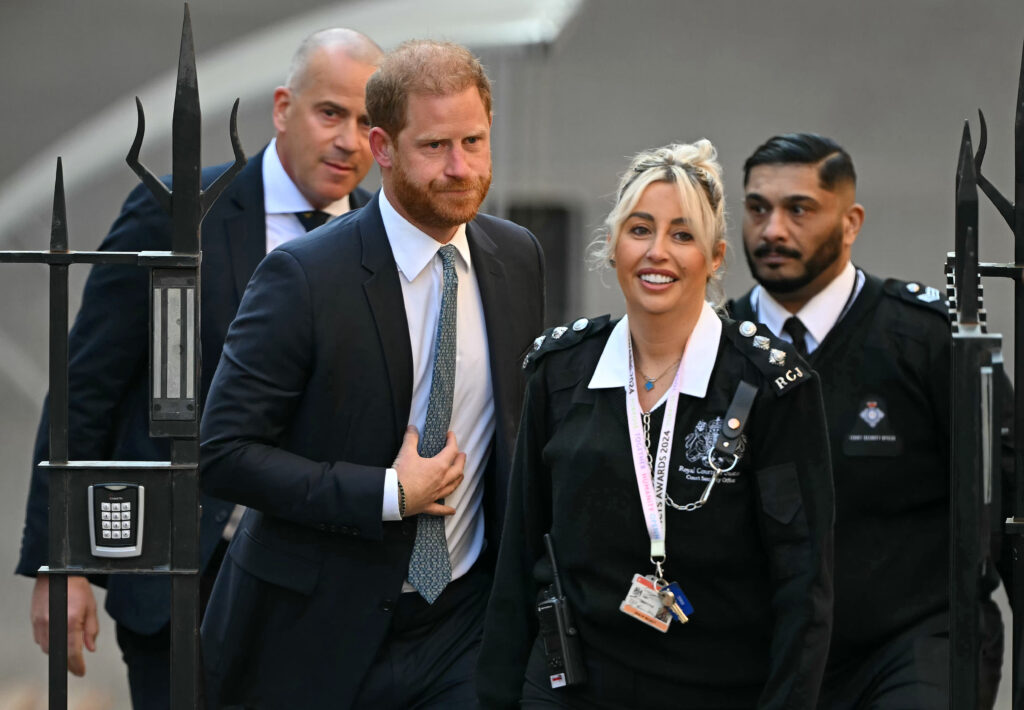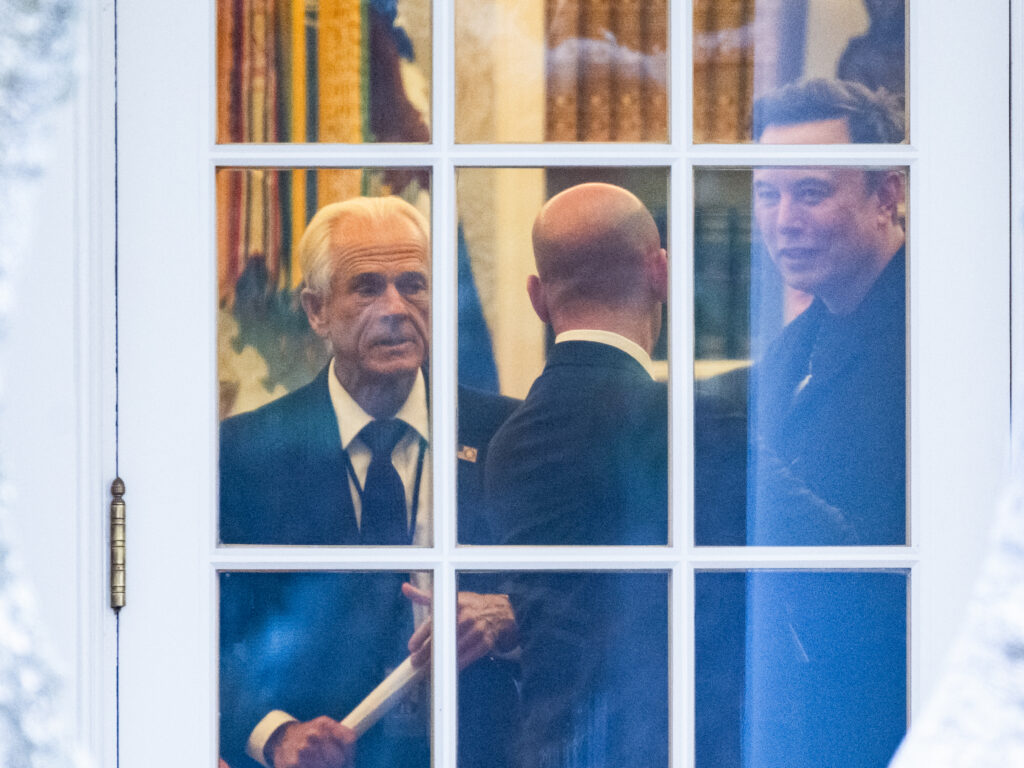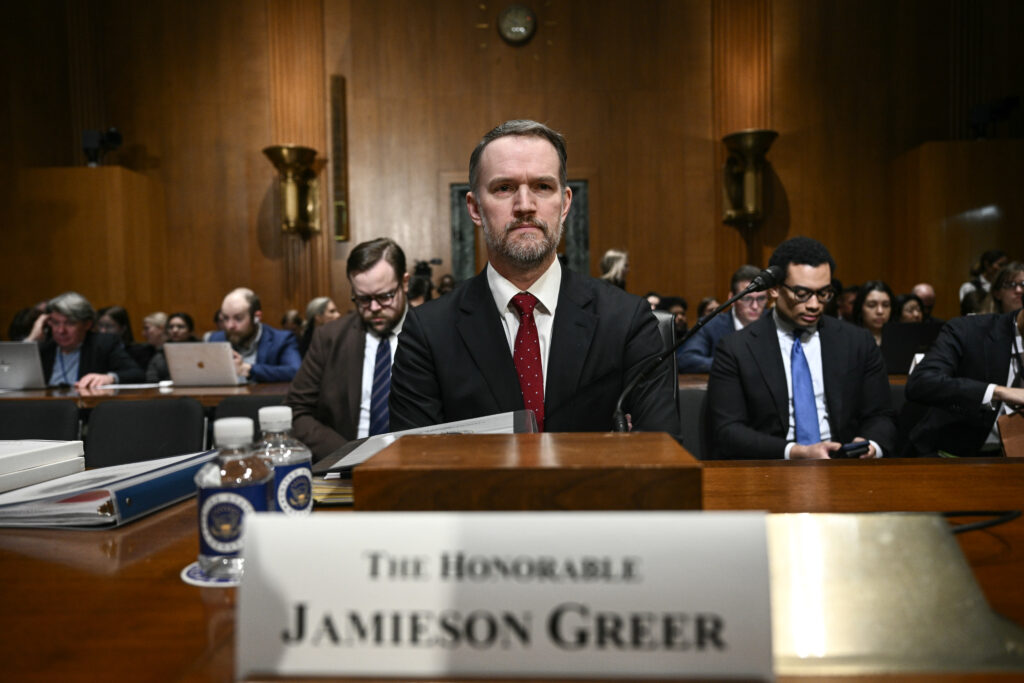Canadians in Great Lakes city bristle at Trump water threats
Like many Canadian border cities, Sarnia has seen a surge of patriotism in response to President Donald Trump’s aggressive behavior, but residents of the community on Lake Huron have focused on one threat in particular: local waters. Trump’s trade war has raised fears of a Canadian recession and his repeated references to annexation have sparked outrage.But in Sarnia, Ontario, Trump’s reported musings about scrapping agreements related to the Great Lakes have triggered added contempt. “Lake Huron means a lot to me. I grew up on the lake,” said Jay Casbourn, who is part of a group of Sarnia residents making red “Proud to be Canadian” signs that are increasingly being displayed across the city of some 72,000 people. “If Mr. Trump wants to move that border, he is going to have a big fight on his hands.”The US president — and which Canadian leader can best confront him — are dominant topics in Sarnia ahead of the April 28 general election. The city has elected a conservative member of parliament in several consecutive votes, even as liberals won elections elsewhere in Ontario. But midway through this year’s campaign, some voters said partisan preferences had taken a back seat to concerns about US tensions. “In my lifetime, at 87 years old, I have never seen anything like this,” said Marilyn Madery, another Sarnia resident selling red patriotic signs. She told AFP the Liberal Party leader, Prime Minister Mark Carney, and Conservative leader Pierre Poilievre were “both very strong candidates.”The election, she added, “is very important because of Trump being in the White House.”Stan Latewiec, who also lives on the lake, said he wants to vote for “somebody strong who will stand up for Canada.”Trump’s tariffs on Canadian imports and his questioning of Canadian sovereignty are “making me feel more patriotic,” said Latewiec, 76, speaking on the porch of his home a few dozen meters from the lake. “We do have a good country. And we want to keep it that way.”- Massive water reserves -Trump, who is known to take a keen interest in water resources, has reportedly questioned the validity of the US-Canada agreements regulating access to water.In early February, Trump reportedly challenged the border treaty in calls between the two countries, and told then prime minister Justin Trudeau, who has since resigned, that he didn’t like their shared water agreements about rivers and lakes.The New York Times also reported last month that Trump, in discussions with advisers, has specifically discussed tearing up agreements and conventions that govern management of the shared Great Lakes — Superior, Huron, Erie and Ontario.Combined with the Lake Michigan in the United States, the Great Lakes account for roughly 20 percent of the world’s surface fresh water reserves. They are a source of drinking water for tens of millions of people in Canada and the United States and have been governed by a network of treaties and arrangements since the start of the 20th Century, said Western University historian Mary Baxter, who specializes in the Great Lakes. “It has been a long-term cooperative arrangement,” Baxter told AFP. It’s an arrangement Trump appears to be breaking, she added. – ‘Just neighbors’ now -Looking out through the windows at Sarnia’s city hall, across the St. Clair River that feeds into Lake Huron, Mayor Mike Bradley can see the United States. But Bradley said that lately he’s spent more time watching the news on TV than enjoying the view.Trying to keep up with Trump’s latest comments about Canada causes “a lot of anxiety,” he told AFP. “You just cannot track what’s going to happen next,” he said. He voiced fear the Trump administration may be serious about some of the scenarios that have circulated concerning the Great Lakes, including drilling on lake beds or diverting water to US areas facing water shortages, like California or Arizona. He’s been Sarnia’s mayor for 37 years and sits on a cross-border Great Lakes mayors group that was once unified but is now riddled with fractures. The Americans “used to be our friends,” he said. “Now they’re just our neighbors.”
